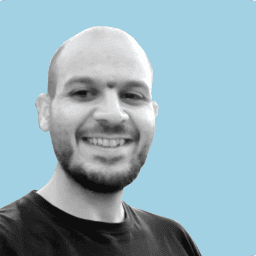"There is a lobbying effort that would push our funds toward closed-source tools.” Libby Liu, former CEO of OTF, did not yield to the pressure that she knew would be exerted on her organization to convert part of it support to closed-source, proprietary technology instead of open-source code, which has always been supported by OTF. Liu decided to submit her resignation as a result, attaching a letter she sent to her colleagues explaining the reason behind her decision, and leaving one of the biggest organizations supporting internet freedom, the Open Technology Fund.
You may not know much about this Fund, but OTF stands behind a lot of the software that you and millions of people around the world use to enjoy a free and open Internet. The app “Signal”, the browser “Tor”, and the secure operating system “Tails” are all open-source programs funded by OTF. It’s no wonder that these applications, which have become a cornerstone of keeping the Internet free and open, are themselves free and open programs. The call for software freedom and the call for Internet freedom are one call.
The only way to guarantee a software is safe is by viewing its source code. For example, it’s unreasonable for anyone to use the "Tor" browser, which is mostly supported by the United States government, if the source code for it wasn’t in our hands and before our eyes, so we can check how it works and make sure it’s not, for instance, a malicious program planted in our computers by a foreign country to expose our information or spy on us.
In general, the use of open-source software always guarantees a greater space of freedom and openness to the Internet; the viewer of the Internet infrastructure knows that it’s based on the principles of open-source as it was built in a decentralized manner without a single central authority controlling it, and the protocols governed by it are open and non-proprietary. The use of open-source software ensures that the Internet is open, transparent and programmatically decentralized.
While open-source software remains subject to popular accountability and scrutiny by the technical community, closed-source software remains "proprietary" software that prevents its content from being seen. As such, it may hide tools that aren’t necessarily in the interest of its users or are compatible with the interests of society as a whole. Internet freedom depends greatly on the ability to use safe and effective technical tools, and this can’t be ascertained with proprietary software.
Anyone who thinks that this matter only concerns the United States would be mistaken. Open-source societies around the world, especially in Jordan, should realize that open-source technologies are the only solution to achieving a free and open internet globally and locally, and that adopting open-source software is not only a technical matter; it also means the adoption of a set of principles that we all must advocate for: integrity and transparency.

